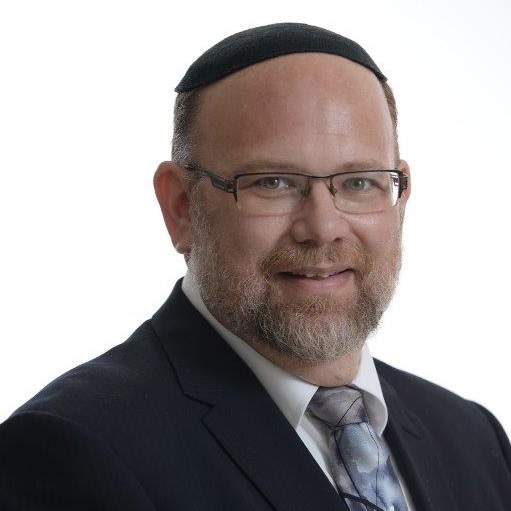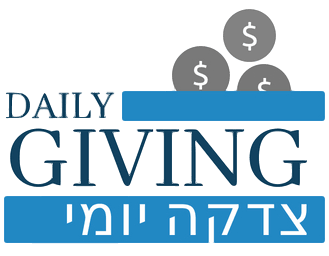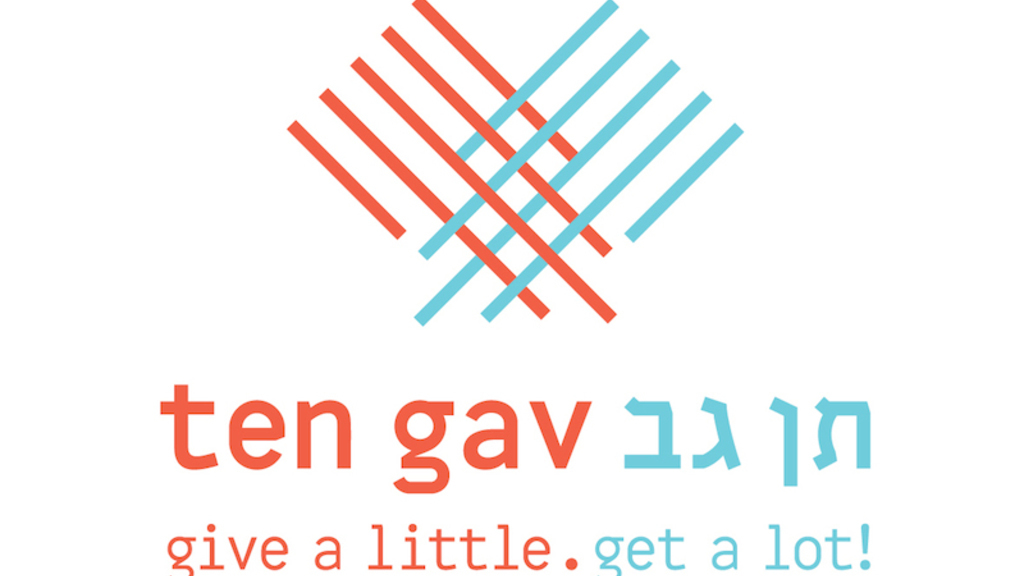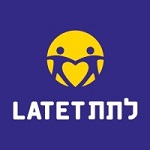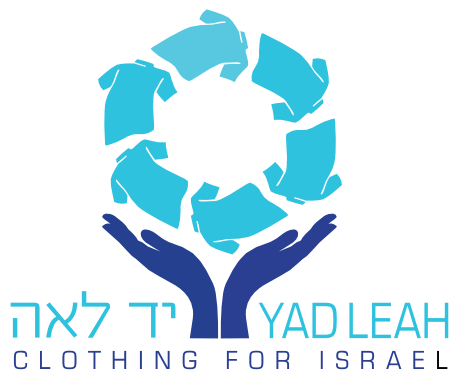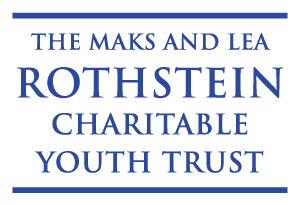Divrei Torah: They are Watching You
Parshat Vayera, perhaps more than any other, provides many examples of how the deeds of parents, and other influencers, can so affect the actions of those observing.
The Parsha in Chesed – Vayera
The kindergarten teacher arranged the table for the weekly Shabbos party in her class. Little “Moshe” was the Shabbos Abba that week and stood at the end of the table with the kiddush cup in his hand. After making the blessing over the grape juice, he sat down, sipped from the cup and exclaimed, “Oy, what a difficult week. Boy, am I tired. Let’s get this show on the road!”
The incredulous teacher, never at a loss for words, stood in silent disbelief (or perhaps shock) at little Moshe, who, not yet 5 years old, had perfectly mimicked his father’s weekly post kiddush ritual.
Dorothy Law Nolte touched on the foundation of practical “chinuch” (she called it by another name…) in her 1955 poem “Children Live What They Learn” (https://childrenlearnwhattheylive.com/) . The simple lines in that piece inform us that our children will absorb and mimic the behavior of their role models.
Parshat Vayera, perhaps more than any other, provides many examples of how the deeds of parents, and other influencers, can so affect the actions of those observing.
The first example comes from G-d Himself who comes to check up on the recuperating Avraham on the third day after his Brit Milah (major surgery for a 99 year old). This visit is the Torah source of Bikur Cholim, visiting the sick.
During that same episode, while speaking with G-d Himself (!), Avraham notices 3 travelers off in the distance. The rare opportunity arises to entertain guests. Avraham excuses himself from the conversation to perform the mitzva of Hachnasat Orchim. From here we learn that having guests is equal to experiencing the Divine Presence.
Despite his delicate condition, Avraham runs to prepare food and drink for the guests. He made certain to include his son Yishmael in order to train him in this crucial mitzva.
In discussing the fate of Sodom, G-d says about Avraham: “For I have known him because he commands his sons and his household after him, that they should keep the way of the Lord to perform righteousness and justice” (Genesis 18:19).
The greatness in Avraham was not only his personal righteousness. He was a living example, a true role model, for his children and the others in his presence. Even those normally “unreachable” people were positively affected by what they saw in Avraham.
The parsha describes the infamous Sodom where Lot has taken residence. While not exactly a righteous person, Lot, as he learned in the house of Avraham, sought out guests. This practice was particularly dangerous as hosting strangers was considered a capital offense in Sodom.
And this dedication to chesed continued down with Lot’s daughter, Paltit. The Pirkei D’Rabbi Eliezer (Chapter 25), relates that Paltit was put to death for sustaining a poor man. Disregarding Sodom’s evil statutes against chesed, she took the risk and provided him with food. She was sentenced to be burned. It was her cries while being punished that reached the heavenly Throne and brought G-d’s judgement on Sodom. Sodom was destroyed by heavenly fire commensurate with the sentence that Paltit received.
The chinuch of chesed, so ingrained within the family of Avraham, had the power to shape even those considered “less than perfect”. Monotheism thrives today due to Avraham’s impact.
As parents, teachers and people of the world, we, perhaps without realizing, greatly influence our children, students and everyone around us.
Those who look up to us will seek to imitate our words, actions, and behavior.
It is both a wonderful opportunity and a daunting responsibility.
While nature is a major part of our lives, nurture greatly contributes to whom our children can be.
Children will live what they learn. Their speech, attitudes, and behavior will mirror what they see and hear.
Consider the following scenario:
Week after week a parent emphasizes to their child the importance of being honest, to always tell the truth, no matter what.
Vacation comes and the family goes to the local amusement park.
Admission Price: 12 and over: 10.00
Under 12: 5.00
As they approach the ticket booth, this parent, who has spoken so much about honesty, winks and whispers to his 12 and half year-old son, “tell them you’re 11”.
Yes, he might have saved 5 dollars. But at what cost?
While it takes tremendous discipline to think before we speak or act, that investment of time and deliberation will pay dividends for generations to come.
Just ask Avraham…
Shabbat Shalom.
View article in original publication

